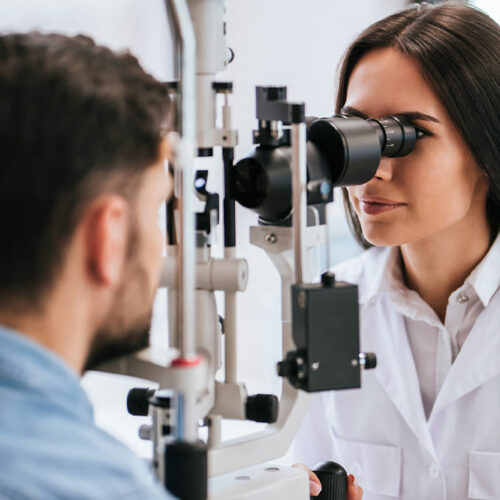11 Signs of Poor Eyesight Due to High Sugar

The human eyes are windows to the world, allowing one to witness its beauty and intricacies. But did you know that excessive sugar intake could take a toll on your eyesight? Research suggests that high sugar levels in the body can contribute to various eye health issues. Sugar has become a ubiquitous part of modern meal plans, with its sweet temptations lurking in countless foods and beverages. While the harmful effects of sugar on overall health are well-known, its impact on eyesight is often overlooked. This ignorance makes it all the more important to look into the matter with the severity it deserves. Blurred vision Excessive sugar intake can lead to fluctuations in blood sugar levels, causing the lens in the eye to swell, resulting in blurred vision. It can occur intermittently, especially after eating sugary foods or drinking sweetened beverages. The vision may take some time to return to normal after the sugar levels stabilize. If you notice recurring blurred vision, it is essential to monitor your sugar intake and consult an eye care specialist for a comprehensive evaluation. Increased sensitivity to light High sugar levels can cause the eye’s lens to become more sensitive to light, leading to increased light sensitivity or photophobia.






